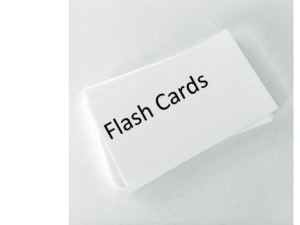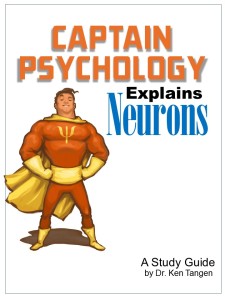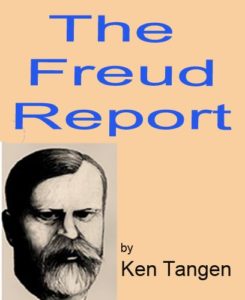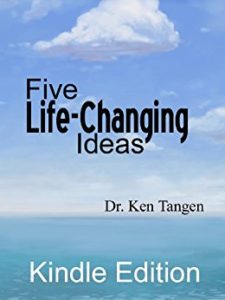I want to be as helpful as I can be. Here are some things that might interest you. Assume they are affiliate links and that I make thousands of dollars a month off them (please, may it be so) but they don’t cost you any more than you’d normally pay (that at least is true).
BOOKS
KALAT
Kalat’s 12th or 13th Edition of Biological Psychology is a good choice. It’s the one I currently use. Check for the Kindle version as well.
Some really like the publisher’s e-version and website (MindTap). Here’s a link to it:
The 11th edition contains most of the same material and if you don’t mind using the Table of Contents more, it will work well.
In my classes, I don’t go page by page through a textbook, but I do think its good to have a second voice to help make things clear. I include everything I want you to know here on the site and in the study guide. But if you like textbooks, or your prof requires a specific one, go with that one.
TANGEN
Required
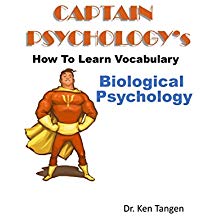
How To Learn Vocabulary – Biological Psychology by Dr. Ken Tangen. ISBN-13: 978-1983440922. Paperback or Kindle. On Amazon (Links to an external site.) or through the bookstore.
Recommended
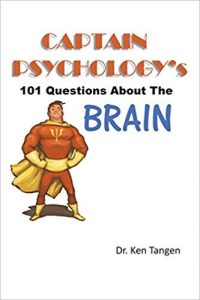
101 Questions About The Brain by Dr. Ken Tangen. ISBN-13: 978-1722227456. Paperback. On Amazon (Links to an external site.) or through the bookstore.
MEMORY
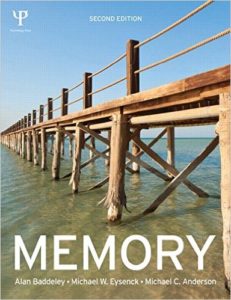
This is not a required book but if you become really interested in memory, it’s a good resource for you.
If you’ve heard of working memory, you’ve heard of Alan Baddeley’s research. He was at the forefront of research into memory when very few were interested in the subject.
I think the paperback version is the cheapest alternative but they are coming out with a Kindle version too. Alan (as if I knew him) writes well and knows what he is talking about.
If writes his books while walking across the campus at Cambridge University (he is British, you know). But his style is conversational.
Someday I’ll write my own (shorter) book on memory. But I’ll still recommend Baddeley for more depth.
COGNITION
This is not a required book but if you are interested in people, it’s one you’ll like.
We like to think of ourselves as rational. But that’s not how we always act. Dan Ariely (Air E L E) helps show that we also have a predictable but less rational side. Dan (I’ve never met him either but at least we have exchanged emails) combines psychology and economics, making both more interesting.
NEW
To help you visualize the parts of the brain and how they relate to each other, here are some diagrams of the brain. There are 20 pages of simple cartoon-ish block drawings that depict the outside and inside of each lobe. If you like the cover, you’ll like the drawings.
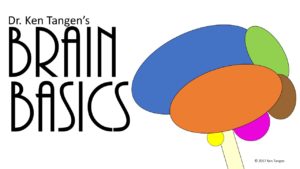 You can buy it here.
You can buy it here.
FLASH CARDS
You probably always make flash cards. Let me give you a head start.
Kalat’s book, my flash cards. Here you go.
COMING SOON!
I’m working on a new book for you. It is all about neurons. It covers neural anatomy, neural impulses, synapses, neurotransmitters and drugs.
I think you’ll like it and find it helpful. But it’s not done yet. I’m still working on it.
E-BOOKS
Here is a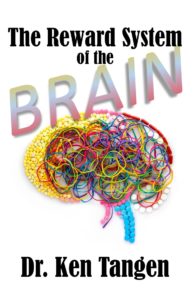 n overview of the reward system of the brain. It overs:
n overview of the reward system of the brain. It overs:
- where it is at
- what it does
- how it breaks
- how to fix it
It’s just under 20 pages.
PRACTICE TESTS
There are (or will be) two options. In one approach, there are three units tests and a comprehensive final.
And the second approach is a midterm and final exam.
- Midterm (coming soon)
- Final (coming soon)
LINKS
- http://faculty.washington.edu/chudler/neurok.html
- http://www.interactive-biology.com/
- http://www.mayoclinic.org/
- http://www.nih.gov/
OFF TOPIC
You might also like these single topic, short Kindle books.
SITES
Free courses on applying psych to your life. www.kentangen.com.
If you’re studying statistics, this might help. www.statnut.com.
If you’re studying personality, check out www.basicpersonality.com.
If you’re studying lifespan development, there’s www.developmentaldave.com.
And for everything psychology, don’t forget www.psychnut.com


